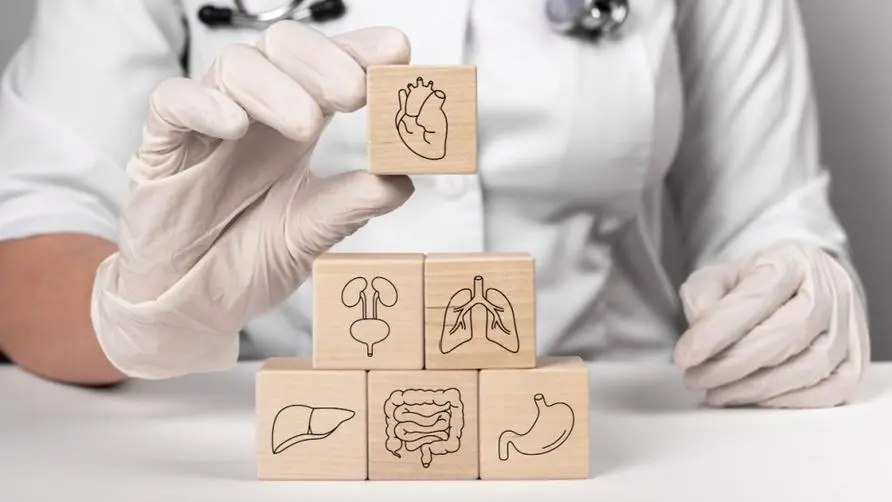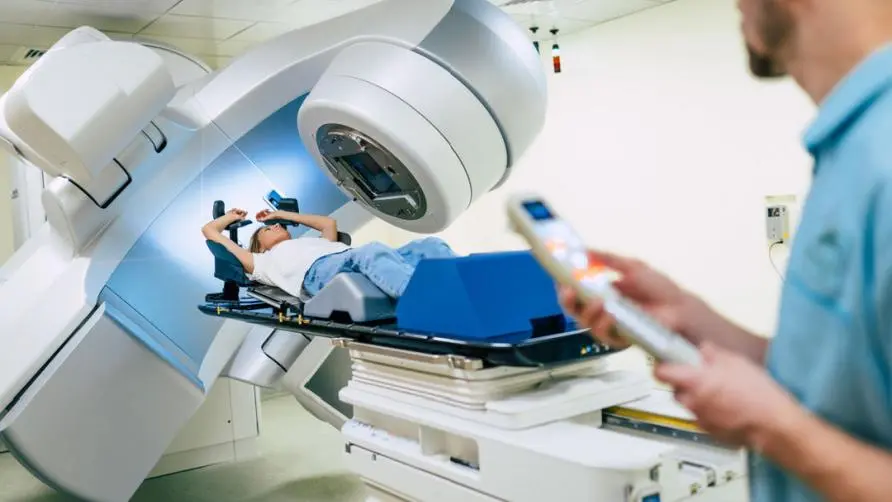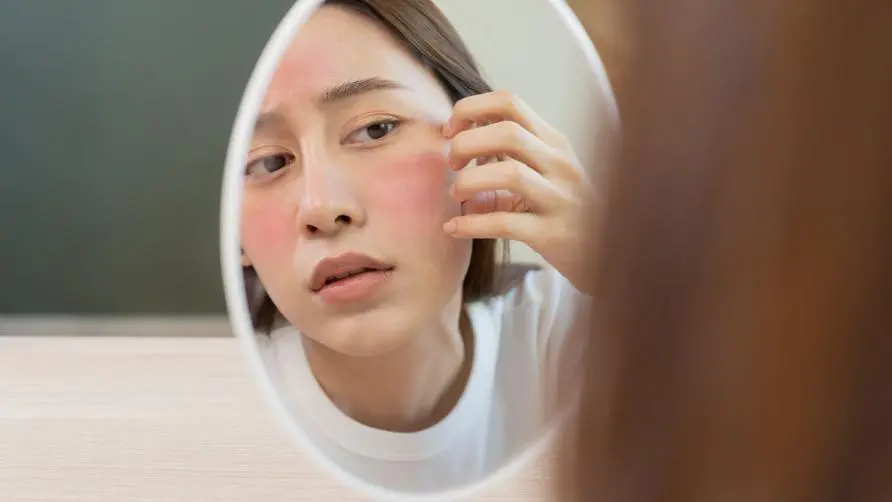Are you prone to insomnia and poor memory because "this nutrition" is not supplemented? Nutritionist reveals "14 major functions" of vitamin D

do you know? Sunbathing for 15-20 minutes can supplement vitamin D, and food can be obtained from egg yolks, mushrooms, and salmon. What is the importance of the miracle nutrient vitamin D to the human body? What are the potential health risks of vitamin D deficiency? Here are 14 important aspects of vitamin D for the human body:
1. Brain
Mood: Lack of sunlight in winter indirectly affects the vitamin D content in the body, which is the cause of seasonal depression.
Insomnia: Sufficient vitamin D can stabilize mood and regulate sleep quality.
Memory: Helps focus and reduces the risk of dementia.
2. hair
Avoid brittle hair, stress hair loss and teenage graying.
3. Skin
Prevent skin eczema and acne.
4. Immune system
Prevent the autoimmune system from attacking your own organs, regulate immune system function, and enhance immunity without harming the body.
5. Eyes
Avoid dry eye syndrome, glaucoma, and relieve cataracts.
6. Teeth
Vitamin D and calcium interact to make teeth stronger.
7. Lungs
Improves asthma and has alleviating and anti-inflammatory effects on various types of lung diseases.
8. Muscles
Avoid muscle weakness, soreness and even cramps. Vitamin D and magnesium work together to double the effect.
9. Heart
Prevent coronary artery inflammation, avoid blood pressure and the chance of stroke.
10. Liver
Prevents the formation of fatty liver and helps the body absorb nutrients.
11. Kidneys
Prevents the formation of kidney stones.
12. Intestine
Prevent the occurrence of irritable bowel syndrome and chronic intestinal diseases.
13. Joints
Prevent joint stiffness, pain and inflammation.
14. Bones
Prevent bone soreness. For example, low back pain and flat feet are all related to vitamin D.
Is it time to go out and bask in the sun after reading this? The public is reminded that if there is a need to supplement vitamin D, it is recommended to focus on sun exposure and a diet rich in vitamin D, such as dried mushrooms, dairy products or deep-sea fish, etc. If you want to bask in the sun, remember to avoid the time when ultraviolet rays are strongest from 11 a.m. to 2 p.m. If you need additional vitamin D supplements, you should consult a nutritionist or physician in advance to avoid excessive intake that may cause harm to the body.
Further reading:





